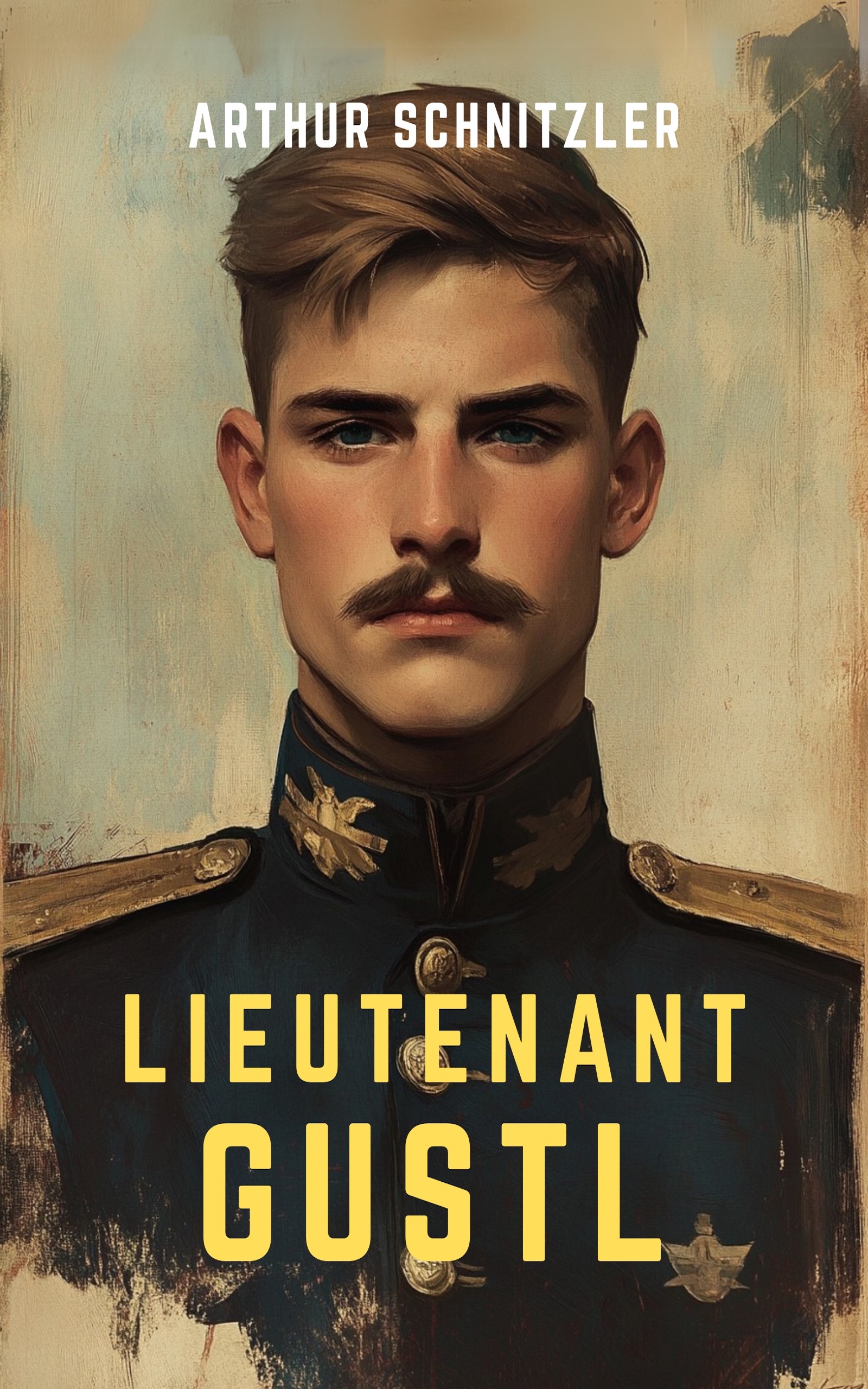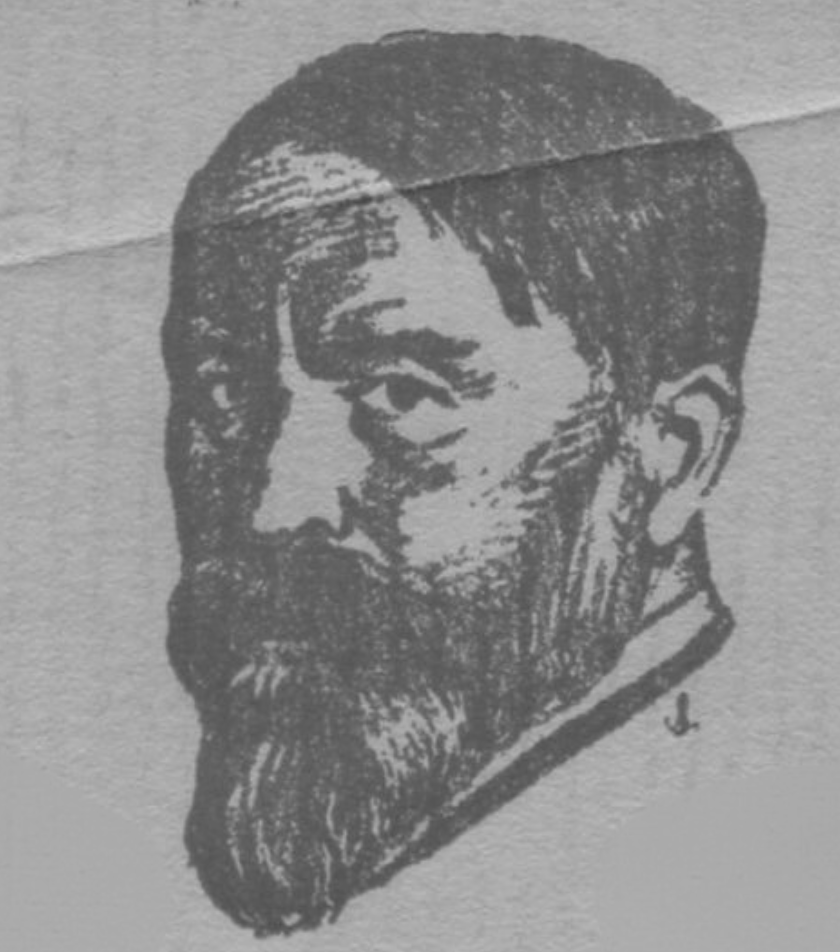Lieutenant Gustl by Arthur Schnitzler
Ovid Publishing Group Edition
A groundbreaking psychological novella that revolutionized stream-of-consciousness storytelling!
In this masterful work of early modernist fiction, Arthur Schnitzler takes us deep into the mind of Lieutenant Gustl, a young Austrian military officer, during one fateful night in Vienna. After a heated encounter at a concert hall threatens his honor as an officer, Gustl wanders the streets of Vienna contemplating suicide to preserve his reputation. Through his internal monologue, we experience his memories, desires, prejudices, and inner turmoil as he grapples with questions of honor, duty, and identity in turn-of-the-century Austrian society.

This edition is enriched with:
- Modern Translation from the original German text
- 13 Beautiful Illustrations capturing the atmosphere of 1900s Vienna
- Comprehensive Endnotes explaining historical and cultural references
- Detailed Author Biography exploring Schnitzler's life and his impact on modern literature
- Critical Essay: "Antisemitism in Arthur Schnitzler’s Lieutenant Gustl: A Reflection of Early 20th Century European Society" providing historical context
First published in 1901, Lieutenant Gustl made history as one of the first works in literature to use stream-of-consciousness narrative throughout an entire story. Schnitzler's novella offers a scathing critique of military honor codes and anti-Semitism in Austrian society while pioneering psychological realism in fiction.
Perfect for:
- Students of modernist literature
- Readers interested in Austrian history and culture
- Fans of psychological fiction
- German language learners studying classic literature
Experience this landmark work of modernist fiction in a definitive edition that brings turn-of-the-century Vienna vividly to life.

